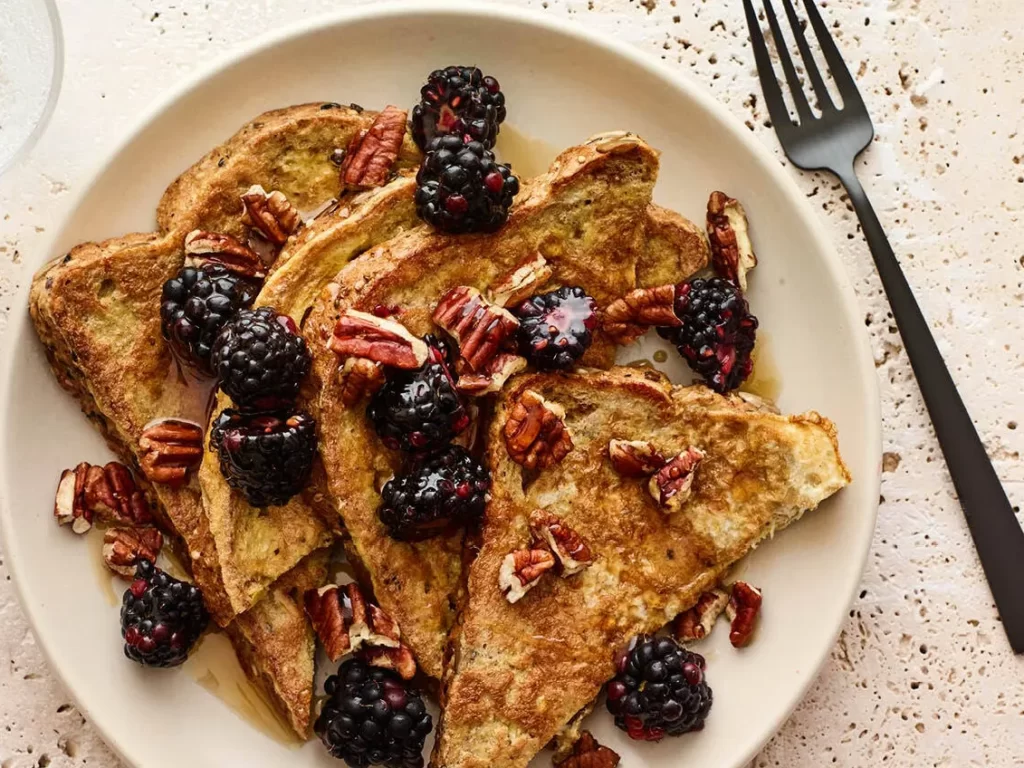Is a High-calorie breakfast really necessary to kick-start your day?
This post helps you to understand more about a High-calorie breakfast.

What exactly are calories? Calories refer to the quantity of energy you can obtain from a single serving of food. Calories are essential, especially in breakfast, as we need the energy from food to survive and go about our day-to-day activities. A low calorific diet can lead to anorexia and malnourishment. This results in lowering the immunity levels of our body, leaving us vulnerable to various diseases. A high-calorie diet, on the other hand, plays a detrimental factor in having a healthy physique, as the surplus calories (that is, the calories that are not used by the body) are converted into reserve energy sources, in the form of fat cells or adipose cells. These cells get deposited under our skin and around our organs. This is why people who consume a lot of empty calories are at risk of getting their arteries clogged.
Finding the appropriate balance of calories and nutrients is the key to living a healthy lifestyle, and so is learning to recognise and avoid empty calories (foods rich in calories and lacking in other nutrients).
What is a High-Calorie breakfast?
A high-calorie breakfast literally means a breakfast rich in calories, either in the form of carbohydrates, proteins or fats. Breakfast calories should be between 300 and 400 calories, as recommended by most dieticians. A high-calorie breakfast contains about 600-700 calories. Increasing the number of calories consumed will help you gain weight. Plus, it gives the much-needed boost of energy to get you throughout the day.
Why a high-Calorie breakfast?
A calorie-dense breakfast aids not just in weight gain but also in maintaining a healthy weight. But what is the correlation between a high-calorie diet and weight management?
When you consume a high-calorie breakfast, you are less likely to feel drained during the day, as your energy levels are higher than normal. This means you wouldn’t feel hungry often, and you would not be craving sugars and other empty calories. This way, you wouldn’t eat too much of empty calories. You can subsequently keep the calorie count in check.
But how does a high-calorie breakfast help me maintain my current weight? When your calorie intake during breakfast increases, it essentially means you are starting the day with more fuel than normal. This would mean that the body can burn this excess fuel as you keep going through your day, especially if you perform strenuous, high-energy requiring tasks. As a result of this, your body adapts itself to burn more calories. This eventually would, in the long term, help you regulate your body weight.
Are there any other benefits to a high-calorie breakfast?
Some people will skip breakfast in the hopes of making up for it by eating a “large” dinner (otherwise known as a high-calorie dinner). There is a reason why many nutritionists are against this diet. Our body’s natural circadian rhythms recognise the changes between day and night and slow down metabolism at night. At this time, there is no active burning of calories, and they are converted by our body into fats and stored for later use. So, most of your calories consumed during dinner are merely converted to fats and stored. This results in weight gain.
There is no active burning of calories during this period, so our bodies convert them to fats and store them for later use. A breakfast high in calories, especially nutrient-rich calories like complex carbs and proteins, takes longer to be burned by the body when compared to empty calories. Because of this, you will feel full for longer, and your sugar cravings reduce by a significant amount.
The final take
Researchers have found out that those who eat a breakfast rich in calories burn two times the amount of calories as those who eat a calorie-rich dinner. They also have a more balanced blood sugar level and body weight.
A great way to avoid midday snacking is to start the day with a large serving of calories. It is recommended that calories in the form of proteins should be taken, as they take a longer time to get metabolised. Also, they sustain you throughout the day better than any empty calories could.
A common mistake people make is that they consume a lot of empty calories like sweets and junk foods for breakfast. When they do so, their body burns up all the calories at once or converts them into fat. This has the opposite effects than intended. Hence, it is imperative to keep track of what kind of calories – and how much – you consume.
